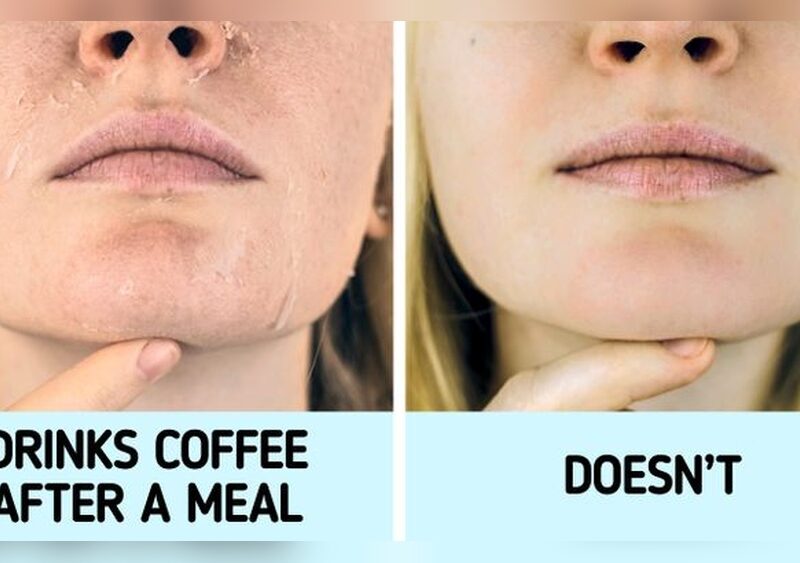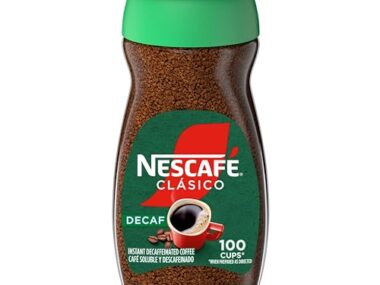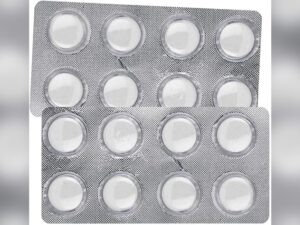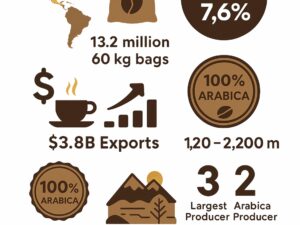Are you wondering whether to enjoy your coffee before or after a meal? This simple choice can make a big difference in how you feel throughout the day.
Drinking coffee at the wrong time might leave you with stomach discomfort, jitters, or energy crashes. But when you get the timing right, coffee can help regulate your blood sugar, ease digestion, and give you a steady boost of energy.
You’ll discover the best time to drink coffee to maximize its benefits and avoid common pitfalls. Keep reading to find out how a small change in your coffee routine can make a big impact on your health and energy.
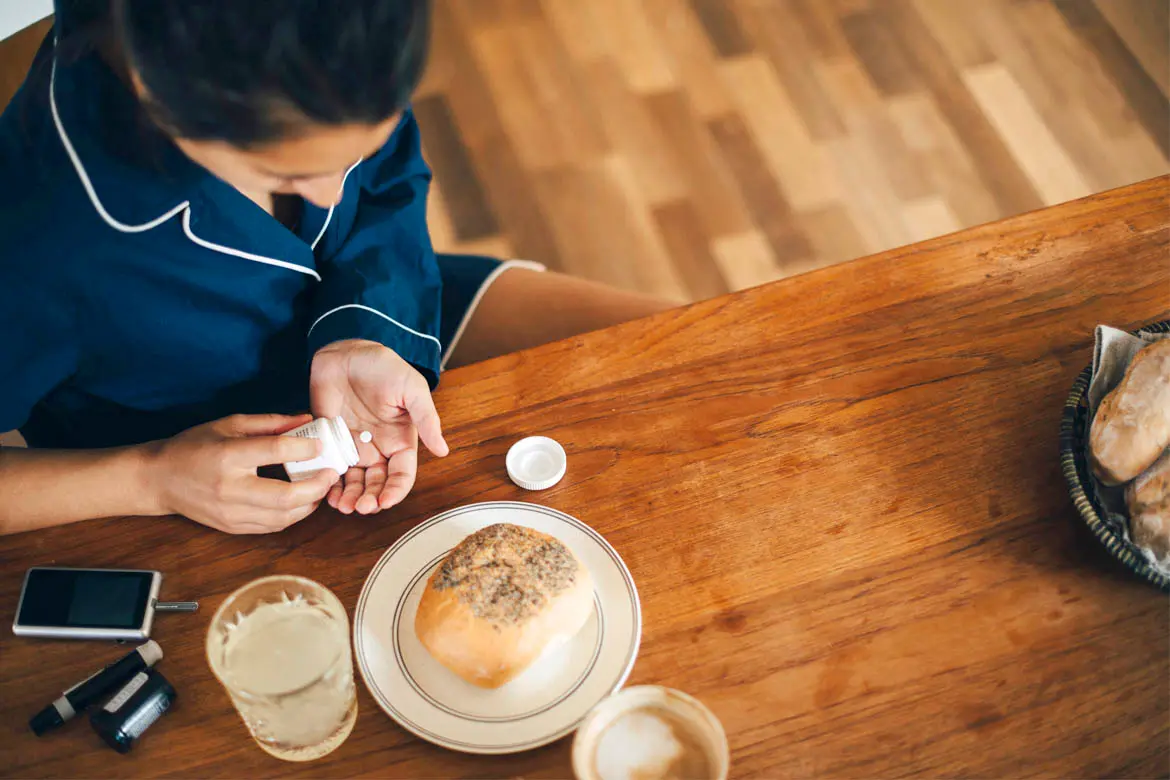
Credit: www.mountelizabeth.com.sg
Coffee Timing And Digestion
Coffee timing plays a key role in digestion and overall comfort. Drinking coffee before or after meals affects how your stomach and body react. Understanding these effects helps you choose the best time for your cup.
Choosing the right moment to drink coffee can prevent discomfort and improve digestion. The way coffee interacts with your stomach acid and digestive process varies based on timing.
Effects Of Coffee On An Empty Stomach
Drinking coffee on an empty stomach can increase stomach acid. This rise may irritate the stomach lining and cause discomfort or acid reflux. Some people feel jitters or anxiety when coffee hits an empty stomach. Blood sugar levels can also spike and then drop quickly, leading to tiredness. Coffee may speed up digestion too fast, causing cramps or bloating. People sensitive to caffeine often find this timing uncomfortable.
Benefits Of Drinking Coffee After Meals
Having coffee after a meal helps regulate blood sugar levels. Food acts as a cushion, reducing the chance of acid reflux and stomach upset. Caffeine is absorbed slower, giving you steady energy instead of a sharp spike. Drinking coffee after eating can also lower feelings of anxiety or jitters. This timing fits better with the body’s natural cortisol rhythm, especially in the morning. Overall, coffee after meals supports smoother digestion and a balanced energy boost.

Credit: www.healthline.com
Blood Sugar And Energy
Understanding the link between blood sugar and energy helps decide the best time to drink coffee. Coffee affects how your body manages sugar and how long your energy lasts. Timing coffee intake can influence your mood, alertness, and overall well-being throughout the day.
Coffee’s Role In Blood Sugar Regulation
Coffee contains compounds that may help balance blood sugar levels. After eating, coffee slows sugar absorption into the bloodstream. This can reduce sharp rises and falls in blood sugar. Stable blood sugar means fewer energy crashes and better focus. Drinking coffee after meals supports better sugar control than drinking on an empty stomach.
Sustained Energy From Post-meal Coffee
Having coffee after a meal creates a slower caffeine release. Food slows caffeine absorption, giving steady energy. This steady boost helps maintain focus and alertness longer. It avoids quick spikes in energy that often lead to crashes. Post-meal coffee supports a balanced energy level throughout the day.
Risks Of Blood Sugar Spikes Before Eating
Drinking coffee before eating can cause blood sugar spikes. Without food, caffeine may trigger a rapid rise and fall in sugar. This leads to feelings of tiredness and irritability soon after. It can also cause jitters and digestive discomfort. Avoid coffee on an empty stomach to prevent these risks.
Coffee And Stomach Health
Coffee plays a big role in many people’s daily routines. Its effects on the stomach vary depending on when it is consumed. Understanding coffee’s impact on stomach health helps decide the best time to drink it. Drinking coffee before or after a meal can change how the stomach reacts. This section explains how coffee interacts with stomach acid, digestion, and gut movement.
Increased Stomach Acid Risks
Coffee stimulates the stomach to produce more acid. This can cause irritation in the stomach lining. Drinking coffee on an empty stomach may increase acid levels too much. Some people may feel heartburn or discomfort. Those with acid reflux or ulcers should be careful. Drinking coffee after eating reduces this risk. Food helps absorb and neutralize stomach acid.
Reducing Digestive Discomfort With Food
Eating before drinking coffee helps protect the stomach. Food acts as a buffer against acid and caffeine. It lowers the chance of upset stomach or cramps. Coffee after a meal slows caffeine absorption. This leads to a smoother energy boost without spikes. People with sensitive stomachs often feel better this way. Eating first helps avoid common digestive discomforts.
Coffee’s Impact On Gut Motility
Coffee speeds up gut motility, which means it moves food faster through the intestines. This can cause urgency or loose stools for some. Drinking coffee before a meal may increase these effects. After eating, the impact is less intense because the stomach is fuller. Gut motility changes can affect digestion comfort. Timing coffee with meals helps manage these effects better.
Caffeine And Anxiety
Caffeine is a stimulant that affects the brain and body. It can boost alertness but may also raise anxiety levels. The timing of coffee intake plays a key role in how caffeine impacts anxiety. Drinking coffee at the right time can reduce jittery feelings and promote calmness.
Morning Cortisol Levels And Coffee
The body produces cortisol, a stress hormone, naturally in the morning. Cortisol helps wake you up and feel alert. Drinking coffee during this peak cortisol time can increase anxiety. The combined effect of caffeine and cortisol may cause jitters and nervousness. Waiting until cortisol levels drop can lessen these effects. This means drinking coffee after breakfast might be better for some people.
Managing Jitters And Anxiety Through Timing
Drinking coffee on an empty stomach can worsen anxiety and cause a rapid heartbeat. Eating before coffee helps slow caffeine absorption and reduces its intensity. This leads to a smoother energy boost and fewer jitters. If anxiety is a concern, try having coffee after a meal. This simple timing change can improve how your body handles caffeine.
Personalizing Coffee Intake
Personalizing your coffee intake helps you enjoy its benefits without discomfort. Everyone reacts differently to caffeine and timing matters. Understanding your body’s response guides you to the best coffee routine. Adjust your coffee habits to suit your lifestyle and health needs. This approach makes coffee both enjoyable and safe.
Assessing Caffeine Sensitivity
Some people feel alert with just one cup. Others may get jittery or anxious easily. Notice how your body reacts after coffee. Track symptoms like heart rate, sleep quality, and mood. This helps decide if you need less caffeine or different timing.
Choosing Coffee Time Based On Energy Needs
Drink coffee when you need an energy boost. Before a meal might help if you feel sluggish. After eating is better if you want steady energy without crashes. Match coffee timing to your daily tasks and energy dips. This keeps you productive and balanced.
Listening To Your Body’s Signals
Your stomach and mood give clear hints. If coffee before meals causes discomfort, try drinking it after. Feel sleepy after eating? Coffee can help wake you up then. Adjust based on how your body feels each day. This natural feedback is the best guide for coffee timing.
Practical Tips For Coffee Drinkers
Practical tips help coffee lovers enjoy their brew without discomfort. Timing coffee around meals affects digestion and energy. Knowing how to balance coffee intake with food can improve well-being. Simple adjustments lead to better experiences with coffee.
How Long To Wait After Meals
Wait at least 30 minutes after eating before drinking coffee. This pause helps digestion and avoids stomach irritation. Drinking coffee too soon may cause acid reflux or discomfort. A short wait lets your body process food properly. This timing supports steady energy from both food and coffee.
Balancing Coffee With Meal Choices
Choose meals that pair well with coffee to reduce side effects. High-protein or high-fiber foods slow caffeine absorption and ease digestion. Avoid heavy, greasy meals before coffee to prevent stomach upset. Fruits and whole grains work well with coffee’s acidity. Good meal choices make coffee more enjoyable and gentle on the stomach.

Credit: merosmedia.com
Frequently Asked Questions
Should You Drink Coffee Before Or After Eating?
Drink coffee after eating to reduce stomach acid issues and better regulate blood sugar. Avoid coffee on an empty stomach to prevent jitters and digestive discomfort. Drinking coffee post-meal provides a steadier energy boost and lowers anxiety risks. Always listen to your body’s response.
What Time Is Healthiest For Coffee?
The healthiest time to drink coffee is after a meal. It helps regulate blood sugar, reduces stomach discomfort, and provides sustained energy. Avoid drinking coffee on an empty stomach to prevent acid reflux, jitters, and blood sugar spikes. Listen to your body for best results.
How Long Should I Wait To Drink Coffee After A Meal?
Wait about 30 minutes after a meal to drink coffee. This timing helps reduce stomach discomfort and supports steady energy. Drinking coffee too soon may increase acid reflux risk and cause blood sugar spikes. Allow food to buffer coffee’s effects for better digestion and sustained alertness.
Why Wait 90 Minutes To Drink Coffee?
Wait 90 minutes to drink coffee to avoid high morning cortisol levels, reduce jitters, and improve caffeine’s energy boost.
Conclusion
Choosing the best time to drink coffee depends on your body’s needs. Drinking coffee after meals helps reduce stomach discomfort and controls blood sugar. It also gives a steady energy boost without jitters. Drinking coffee on an empty stomach may cause acid reflux or increase anxiety for some.
Pay attention to how your body reacts. Adjust your coffee time to feel better and enjoy your cup more. Simple changes can make your coffee experience healthier and more pleasant every day.
